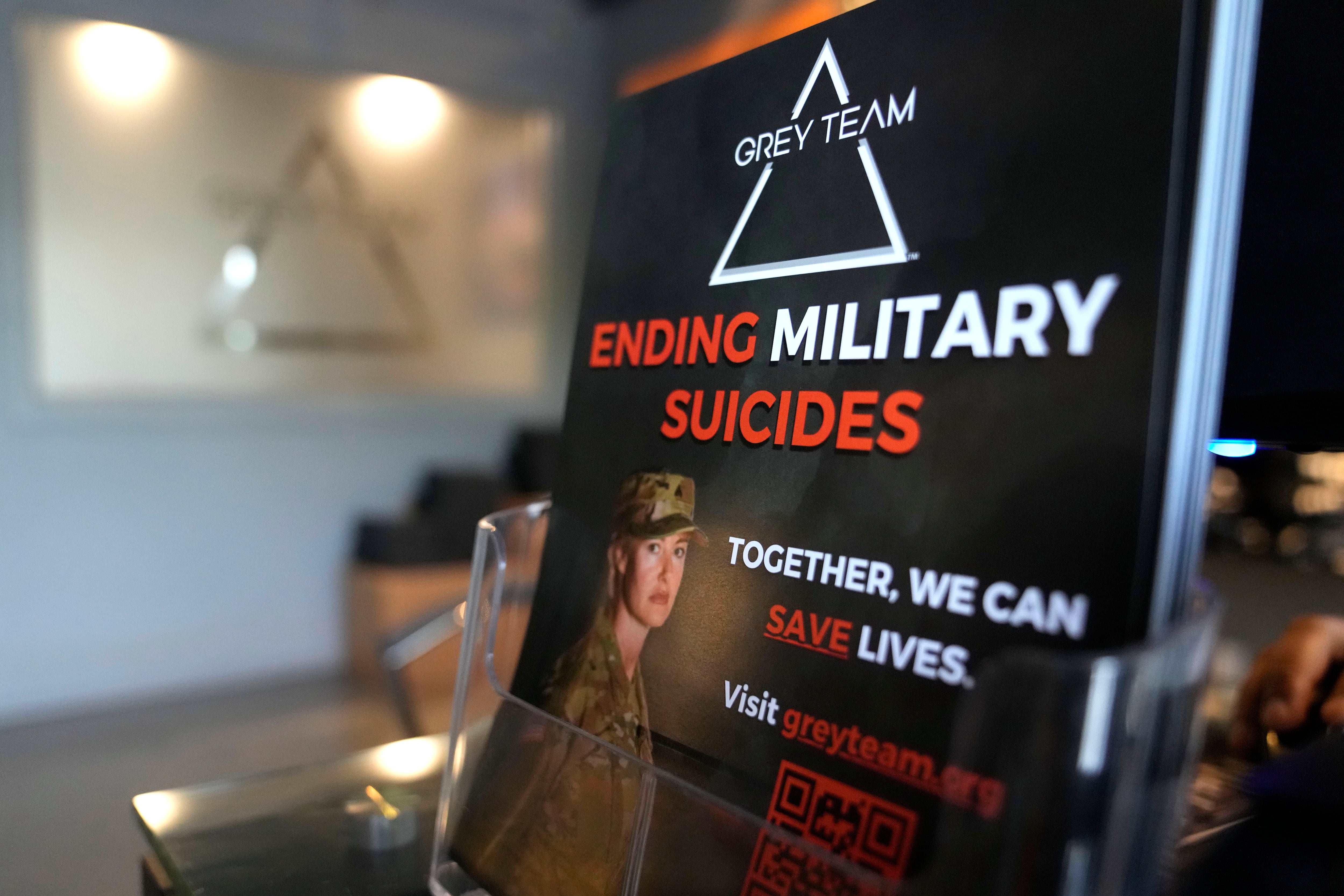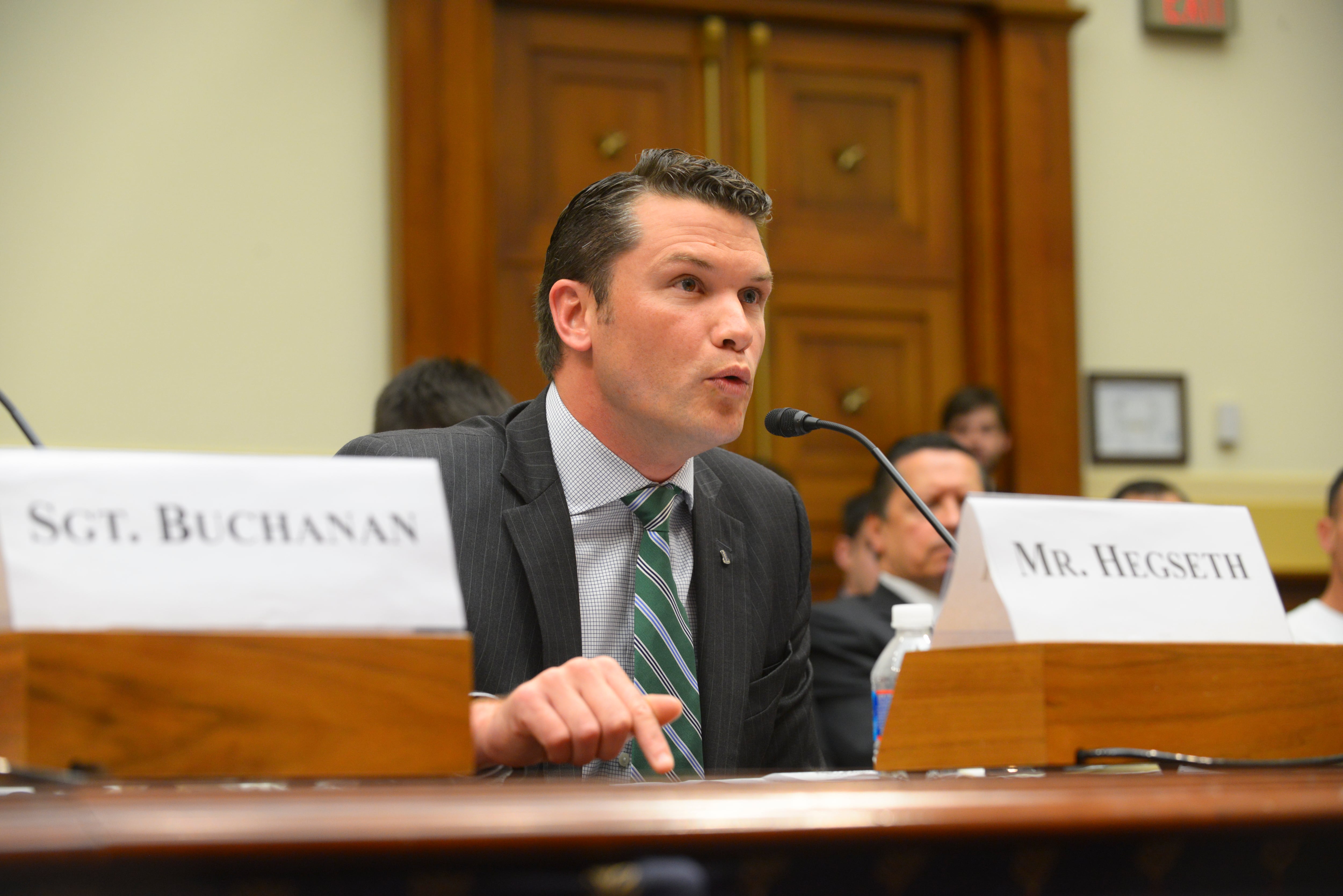The education benefits are one way U.S. veterans are shown appreciation for their service. However, navigating these benefits as a student veteran can be tricky. School certifying officials (SCOs) on campus play a vital role in this process, helping to certify veterans’ enrollment and ensuring the release of stipends for which they are qualified. Unfortunately, these processes can be a mystery for both student veterans and staff and faculty who are unfamiliar with veterans affairs. In this interview, Andrea Wheeler, the president of the Association of Veterans Education Certifying Officials (AVECO), shares more information about the SCO role and what other colleagues on campus should know.
Leah Jackson, HigherEdJobs: For those who don’t work in veterans services and aren’t familiar with the office, please explain what a school certifying official does and why it is so important.
Andrea Wheeler, president, AVECO: A “school certifying official” (SCO), as defined in the laws that provide policy for the Department of Veterans Affairs (VA), is an employee of an educational institution with the primary responsibility of certifying Veteran Education beneficiary’s academic enrollment to the VA. The outcome of these certifications is the release of monthly living, books, or supplies stipends directly to students and/or payments for tuition to the school based on the beneficiary’s enrollment hours.
Jackson: What can other higher education professionals (faculty, staff, or administrators) on campus do to support your work with student veterans?
Wheeler: Institutional colleagues’ whose role is not that of an SCO can support certifying officials’ efforts by redirecting students to their SCO prior to changing their enrollment -- dropping or adding a course. Many times, these actions can have repercussions that neither the student nor colleague are aware of. A brief check-in with the SCO will allow the student to make a fully informed decision and avoid any negative monetary impact that may result from the change.
Jackson: For those on campus who are working directly with military-connected students, tell us about the Association of Veterans Education Certifying Officials (AVECO) and how the organization can support them? What are some benefits of being involved in the association?
Wheeler: AVECO, a Missouri non-profit organization, was established in 1994 by a group of School Certifying Officials that saw a need to develop training, information exchange, and workshops for their fellow SCOs. From that goal, AVECO was formed and has become the foremost training and networking organization for professionals administering education benefits for veterans and other eligible persons.
Laws, rules, and procedures that relate to education benefits are frequently modified. AVECO in partnership with the VA National Training Team, Department of Veterans Affairs leadership and their internal teams, State Approving Agencies (SAA), Regional Processing Staff, and other agency partners ensure that our members and future members are informed of these updates and changes.
AVECO also provides a helpful forum through our seasonal workshops, annual conference, and member listserv to source best practices from other schools on what works best for them.
Jackson: What advice/tips do you have for new SCOs to be successful in the role?
Wheeler: Find and foster your support village because no one can do this job alone. When I was a fresh SCO, my first friend was my VA Compliance Specialist. I know, I know -- her title might have thrown anyone off and have them running, but she explained to me that her position was not to slap my hand when she saw something I was doing wrong, but to make sure I was trained appropriately so as not to negatively impact the veteran or servicemember. Her training and long phone conversations gave me a comfort with the Code of Federal Regulations (CFR) I never thought I would have.
From there, I picked up the phone, called the closest school’s SCO, and made a new friend. We chatted and commiserated (because it’s not all roses), and we reached out when we needed a safe space to flesh out our understanding of policy. The next step is to join an organization you feel will provide the professional development and a wealth of networking opportunities you need to remain current. In 2013, for me, that was AVECO! I have met so many amazing individuals within the VA and SAA, community partners, and my fellow SCO colleagues all because I attended my first AVECO conference.
Disclaimer: HigherEdJobs encourages free discourse and expression of issues while striving for accurate presentation to our audience. A guest opinion serves as an avenue to address and explore important topics, for authors to impart their expertise to our higher education audience and to challenge readers to consider points of view that could be outside of their comfort zone. The viewpoints, beliefs, or opinions expressed in the above piece are those of the author(s) and don’t imply endorsement by HigherEdJobs.
This article was originally published at HigherEdMilitary.com.





